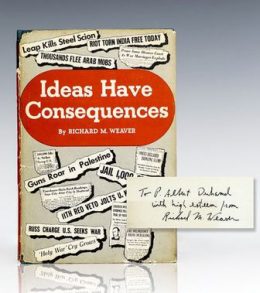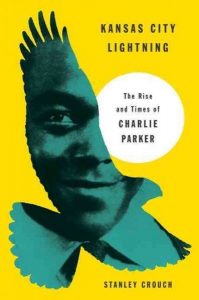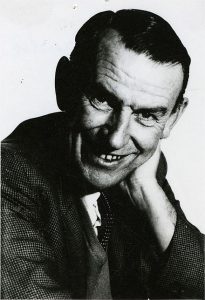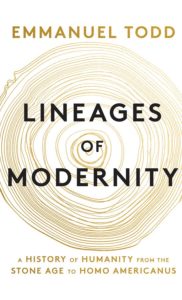 8,561 words
8,561 words
 8,561 words
8,561 words
Emmanuel Todd
Lineages of Modernity: A History of Humanity from the Stone Age to Homo Americanus
Cambridge, England, and Medford, MA: Polity Press, 2019
Much of today’s dominant globalist ideology derives from development theory, a body of thought which shares with Marxism the view that economic relations are the basis of social life and sees the races of mankind as fundamentally equivalent beneath the superficial cultural differences which have arisen over history. (more…)
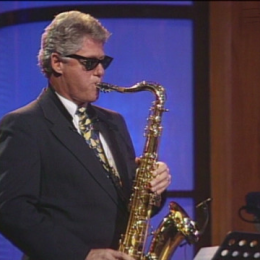
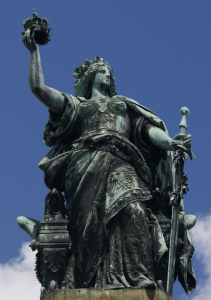
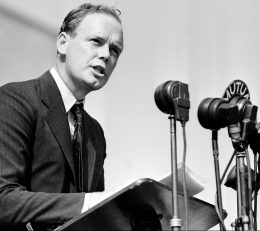 5,156 words
5,156 words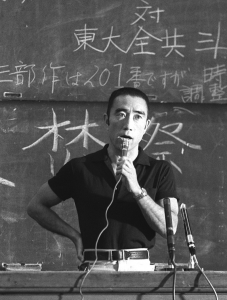 1,290 words
1,290 words